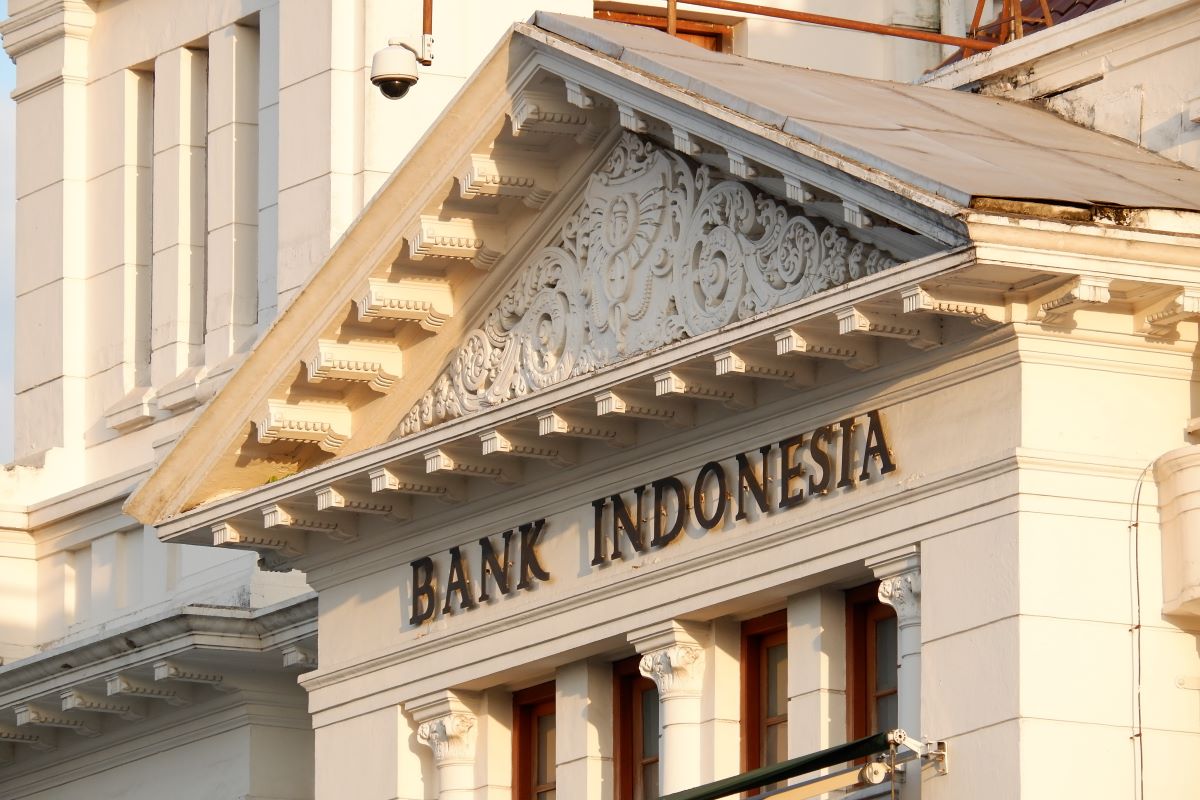Most countries in the Asia Pacific (APAC) are facing the double trouble of a weak currency and persistent inflationary pressures. Additionally, the Israel-Hamas war has exacerbated concerns and risks of a supply chain bottleneck in the region, raising import prices throughout. Faced with this, many Asian countries have witnessed a hike in central banks’ rates. In contrast, developed countries in the West are almost at the end of their rate hike cycle.
Most Asian central banks’ rates were hiked
In a surprise move, the Bank Indonesia raised its rates by 0.25 percentage points to 6% last month. This was quite an unexpected move by the bank because inflation in Indonesia had begun to slow down, and the market expected it to keep the rate unchanged. However, the bank took the rate hike path to arrest the constant decline in the Indonesian rupiah.
Next, the Philippines’ central bank, the Bangko Sentral ng Pilipinas (BSP), took a hawkish stance and hiked key rates to 6.5% on October 27. This move came after the nation’s inflation accelerated to 6.1% in September due to an increase in food prices, especially rice. The governor of the central bank, Eli Remolona, cautioned that he doesn’t see the inflation cooling off soon, and if this happens, there could be more rate hikes on cards for the Philippines.
Additionally, in September 2023, the Bank of Thailand (BoT) unexpectedly raised its key interest rate by 25 basis points to 2.5%, marking a 10-year high. The central bank lowered its growth projection for the economy for 2023 but remained optimistic for 2024. As inflation is under control and the weakening baht is not a major concern, experts expect no more rate hikes.
“We think that the Bank of Thailand’s 25-basis point hike in September will be its last,” states Fitch Solutions. However, it also warns that if the upside price pressure continues, BoT will be compelled to maintain this steep rate for a long time.
In contrast, the Monetary Authority of Singapore (MAS), which kept its rates unchanged in October, is not following the other Asian central banks. MAS chief Ravi Menon stated that the country’s monetary policy “remains appropriately tight”. That said, even Singapore has acknowledged the probable risks due to global food inflation and high oil prices. The country is already grappling with steep inflation eroding household budgets.
Interestingly, MAS has a unique way of adjusting its monetary policy other than just hiking its interest rate. This involves changing the Singapore dollar nominal effective exchange rate (S$NEER). In a nutshell. the country tweaks its domestic currency relative to those of its major trading partners. Since it is an export-oriented nation, its exchange rate adjustments have a greater impact on inflation compared to alterations in interest rates.
Meanwhile, the Malaysian central bank retained its benchmark rates at 3% despite a declining ringgit. The Bank Negara Malaysia clarified, “At the current [rate] level, the monetary policy stance remains supportive of the economy and is consistent with the current assessment of the inflation and growth prospects.” The central bank last raised its rates in May, keeping it unchanged for July and September.
More rate hikes expected in the Asia Pacific?
Some of the other central banks, like the Bank of Japan, the Reserve Bank of Australia, and the Bank of Korea, kept their rates unchanged in their October monetary policy meeting. The Reserve Bank of New Zealand (RBNZ) maintained the cash rate at a 15-year high of 5.5%, as it believed that previous rate hikes were working in favour of curbing inflation.
However, amid high inflationary headwinds, there is much speculation about whether the Reserve Bank of Australia will raise its cash rate in its November meeting scheduled next week. Even the new RBA Governor, Michele Bullock, had previously stated that the bank would not hesitate to hike the cash rate further in case of an upward revision in the outlook for inflation.


 Australia
Australia China
China India
India Indonesia
Indonesia Japan
Japan Malaysia
Malaysia Philippines
Philippines Singapore
Singapore South Korea
South Korea Taiwan
Taiwan Thailand
Thailand Vietnam
Vietnam







